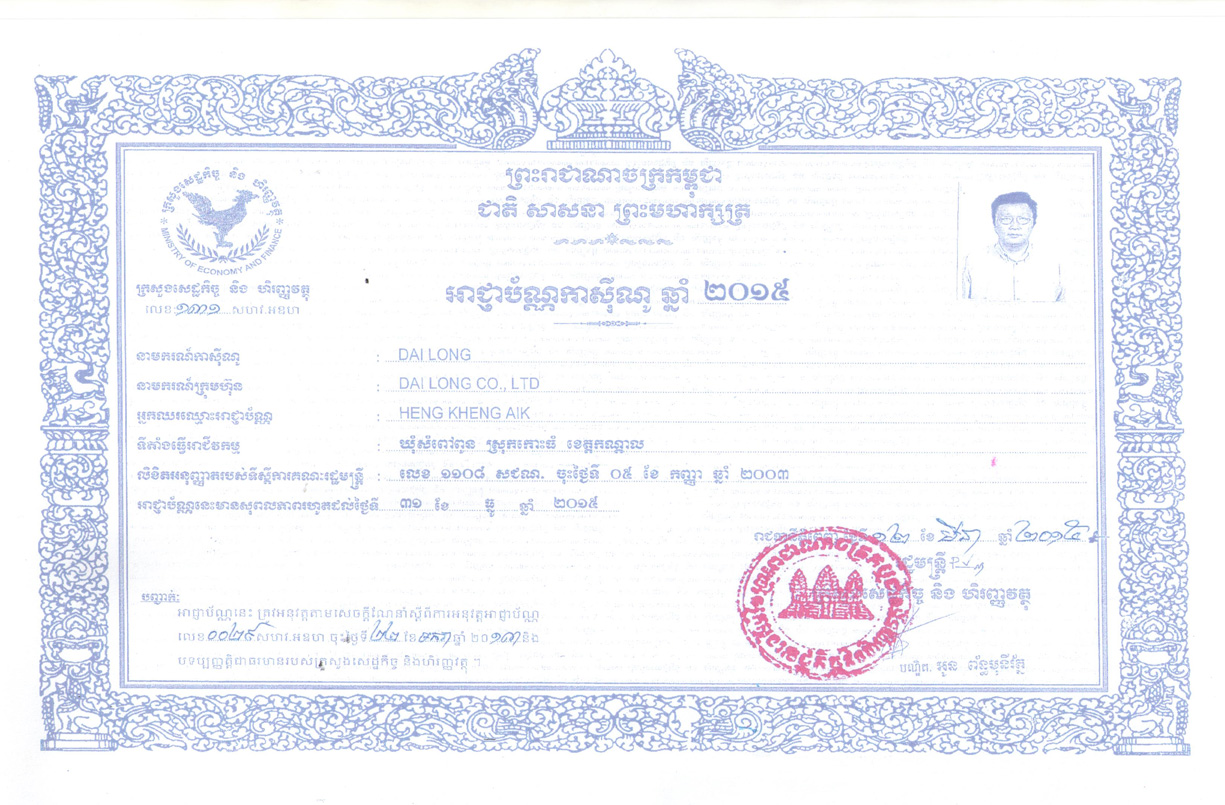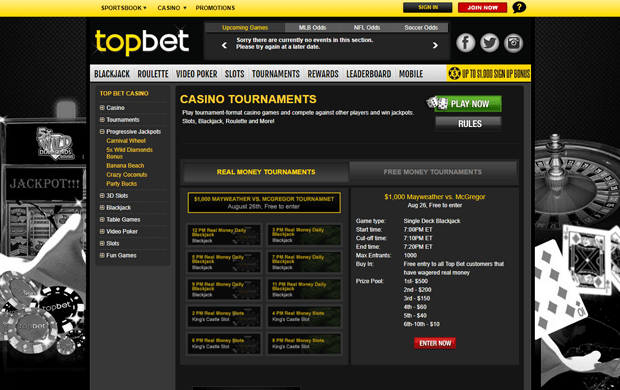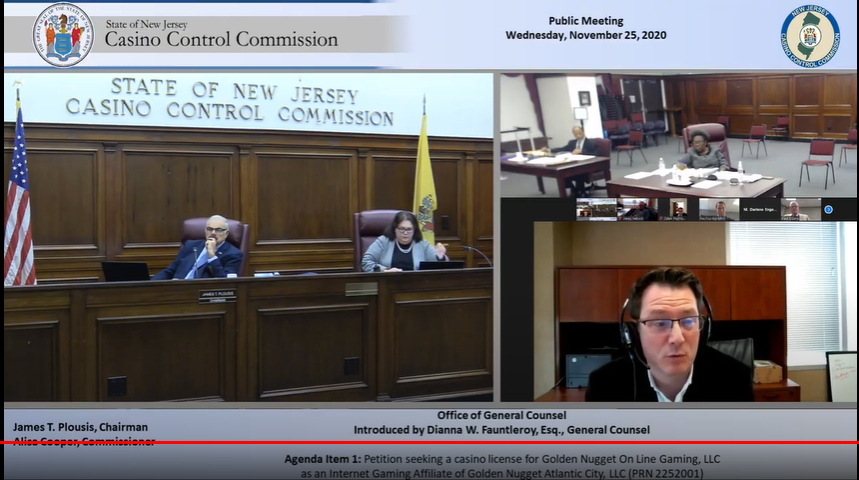Online Gaming Casino License
- Online Gaming Casino License Plates
- Online Gaming Casino License Application
- Online Casino Gaming Commission
- Online Gaming Casino License California
Not all online casino gaming licenses are created equal. For example, a license from Curacao is not viewed the same as ones from Malta or the UK Gambling Commission. In fact, there are some sites licensed by Curacao that are somewhat suspect.
An online gambling license is a certificate of authority that is issued by one of the world’s many licensing regulators. This license is required by any iGaming company that offers any gambling activity, such as slots, casino games, lotto, poker, sports betting and other games of chance or those that involve wagering. Applying for an online gambling license is a complex and lengthy process, due to the fact it is a regulated industry. But don’t let this put you off. Not all licenses are created equally and there are options to suit every deadline, budget, and requirement. Online Casino License. As mentioned above, an online casino license is an essential part if you want to open a casino business. License process can differ according to your country. Each country has its own rules and law on gambling and online casinos. We can divide the states into several parts according to the law on gambling they have. Many of the biggest brands in the online casinos industry operate under the license of the Curacao Gambling Authority. The license guarantees that the casinos operate in a fair way and that players’ money and their personal information is safe and secure. Check out the table below for a list of the best Curacao licensed online casinos out there.
However, that is about to change. The global pandemic has forced Curacao to get help from The Netherlands, and that help comes with a cost. Curacao must change some of their policies in how they conduct business, including how they regulate online casinos. In the end, it will actually improve the quality of licenses from the country.
Curacao to Change Licensing Procedures and Guidelines
The global pandemic has forced all of us to make hard choices and Curacao is no different. They have been forced to reach out to The Netherlands for financial assistance and that help comes at a cost. Curacao must now give in to certain demands on how they conduct business, and that includes how they issue and regulate online gambling licenses.
The first difference is the price. Curacao was one of the cheapest legitimate online casino licenses to acquire at around $35,000. Now, licenses will cost online casinos $134,000. That’s a significant increase which will probably drive away smaller casinos and those that are less than legitimate.
Curacao License — Why Does the Curaçao Gaming Control Board Regulate So Many Casinos?
🔗 https://t.co/7oUvObpaUcpic.twitter.com/AeAX0lYKQv
— Gaming Licensing (@LicensingGaming) November 23, 2020
Next, some of the guidelines for licensing will toughen. Casinos must follow EU guidelines regarding privacy and customer protections. Also, if a company that holds s a license is purchased by another, the new company is responsible for following licensing procedures of the license will be immediately revoked.

Next, online casinos must stop the practice of player targeting. For example, casinos cannot go out of their way to target high rollers or other potentially vulnerable customers. Also, casinos must have tools in place to prevent customers from overspending, thus reducing problem gambling on the website.
Curacao Will Actually Act Like a Regulator
One reason that Curacao was a popular regulator was that the company was very hands-off. They didn’t do a lot of the things that you see major regulators do, such as inspections and testing of websites. That will change under the new guidelines.

Online casinos will now undergo regular testing and inspections by Curacao. Sites will also be subject to information requests like the UKGC and other primary regulators. Gone will be the days of Curacao issuing a license and the casino doing what they want until they show significant signs of fraud.
Casinos will also need to show they are financially stable and able to pay out winnings, especially prizes for progressive jackpot slots. Casinos will likely be required to prove they have segregated funds for players. Players that remember the Full Tilt Poker fiasco understand the importance of this.
What Will Happen as a Result of These Changes?
The most significant impact will be on online casinos that are taking a minimalist approach to online casino gambling. Those casinos will be forced to change their procedures to meet new guidelines or forced to give up their license.
For small casinos, we could see some go offline completely. Others may simply operate without a license. Those casinos should be avoided as you never knew when they will shut down and take your funds.
How Will the Changes to the Curacao License affect Online Gambling? https://t.co/4jexdSoaqh
— European Gaming Media (@EU_Gaming_Media) November 24, 2020
These changes will also impact new casinos. Legitimate online casinos will have to shell out more money to launch, and this may slow the growth of new legitimate casinos. Granted, scam casinos will continue to pop up, but they will be a bit easier to spot as they can’t just throw a little money at Curacao to get a license.
The biggest change will be in the quality of the Curacao license. Now, a license from Curacao will have more weight than in the past. It will be on par with licenses from Malta. The stigma of a Curacao license will be reduced, and in time a license from the Government of Curacao will actually be seen as a good thing rather than something to raise an eyebrow at.
Gambling license USA
We summarize the most important online gambling laws pertaining to gambling operators and users of gaming services. Specifically within the countries where online gambling is legal to some degree or other.
If after reading this document you are still unsure of what to do, we assist you with a USA legal opinion for your casino, game or sportsbook.
Gambling license USA
The USA is a very lucrative market for online gambling companies. Although, there are many legal risks involved. Since 24% of all online gamblers in the world reside in North America, and the majority of gambling companies doing their hosting in Curacao (where we have our operations – to find out more Click here), we go into detail about the legal situation in this country.
The individual States in the USA have the power to make laws pertaining to their state only. But on the other hand, there are Federal Laws that are applicable to the whole country, while protecting State rights. This makes the online gambling legal situation in the country very complex.
We start by giving an overview of the main Federal laws that address the legality of online betting, wagering and gambling in the USA. We will then have a look at the situation in the individual States.
USA Federal gambling laws:
1. The Interstate Wire Act of 1961 (commonly referred to as the Federal Wire Act).
This law addresses only the issue of online sports betting and wagering. It does not address the legality of online gambling as such.
Here is paragraph (a) from that law:
“Whoever being engaged in the business of betting or wagering knowingly uses a wire communication facility for the transmission in interstate or foreign commerce of bets or wagers or information assisting in the placing of bets or wagers on any sporting event or contest, or for the transmission of a wire communication which entitles the recipient to receive money or credit as a result of bets or wagers, or for information assisting in the placing of bets or wagers, shall be fined under this title or imprisoned not more than two years, or both.”
Source: http://www.law.cornell.edu/uscode/text/18/1084
2. Illegal Gambling Business Act of 1970
The Illegal Gambling Business Act was enacted as part of the Organized Crime Control Act of 1970. This Act was designed to be a companion to other laws, such as the Federal Wire Act, in targeting a source of income for organized crime. Unlike the Federal Wire Act, the Illegal Gambling Business Act is designed to assist states in enforcing their laws with regard to interstate gambling activities and is dependent on a predicate state offense.

Here are some extracts from that law:
Online Gaming Casino License Plates
18 U.S.C. 1955 the Statute
Prohibition of illegal gambling businesses
(a) Whoever conducts, finances, manages, supervises, directs, or owns all or part of an illegal gambling business shall be fined under this title or imprisoned not more than five years, or both.
(b) As used in this section-
(1) “illegal gambling business” means a gambling business which-
(i) is a violation of the law of a State or political subdivision in which it is conducted;
(ii) involves five or more persons who conduct, finance, manage, supervise, direct, or own all or part of such business; and
(iii) has been or remains in substantially continuous operation for a period in excess of thirty days or has a gross revenue of $2,000 in any single day.
And:
(e) This section shall not apply to any bingo game, lottery, or similar game of chance conducted by an organization exempt from tax under paragraph (3) of subsection (c) of section 501 of the Internal Revenue Code of 1986, as amended, any private shareholder, member, or employee of such organization except as compensation for actual expenses incurred by him in the conduct of such activity.
3. Interstate Wagering Amendment of 1994
This Act relates mostly to lotteries:
“Whoever brings into the United States for the purpose of disposing of the same, or knowingly deposits with any express company or other common carrier for carriage, or carries in interstate or foreign commerce any paper, certificate, or instrument purporting to be or to represent a ticket, chance, share, or interest in or dependent upon the event of a lottery, gift enterprise, or similar scheme, offering prizes dependent in whole or in part upon lot or chance, or any advertisement of, or list of prizes drawn or awarded by means of, any such lottery, gift enterprise, or similar scheme; or, being engaged in the business of procuring for a person in 1 State such a ticket, chance, share, or interest in a lottery, gift, enterprise or similar scheme conducted by another State (unless that business is permitted under an agreement between the States in question or appropriate authorities of those States), knowingly transmits in interstate or foreign commerce information to be used for the purpose of procuring such a ticket, chance, share, or interest; or knowingly takes or receives any such paper, certificate, instrument, advertisement, or list so brought, deposited, or transported, shall be fined under this title or imprisoned not more than two years, or both.”
4. Unlawful Internet Gambling and Enforcement Act of 2006 (UIGEA)

The Act prohibits gambling businesses from knowingly accepting payments in connection with the participation of another person in a bet or wager that involves the use of the Internet and that is unlawful under any federal or state law (termed “restricted transactions” in the Act). The Act also requires Treasury and the Federal Reserve Board (in consultation with the U.S. Attorney General) to promulgate regulations requiring certain participants in payment systems that could be used for unlawful Internet gambling to have policies and procedures reasonably designed to identify and block or otherwise prevent or prohibit the processing of restricted transactions.
The Treasury and the Federal Reserve Board have issued a joint rule that designates five payment systems which are covered by the Act. These systems are:
(i) automated clearing house (ACH) systems,
(ii) card systems,
(iii) check collection systems,
(iv) money transmitting businesses, and
(v) wire transfer systems.
The Act starts with the following paragraphs:
“(a) Findings.- Congress finds the following:
(1) Internet gambling is primarily funded through personal use of payment system instruments, credit cards, and wire transfers.
(2) The National Gambling Impact Study Commission in 1999 recommended the passage of legislation to prohibit wire transfers to Internet gambling sites or the banks which represent such sites.
(3) Internet gambling is a growing cause of debt collection problems for insured depository institutions and the consumer credit industry.
(4) New mechanisms for enforcing gambling laws on the Internet are necessary because traditional law enforcement mechanisms are often inadequate for enforcing gambling prohibitions or regulations on the Internet, especially where such gambling crosses State or national borders.”
Notwithstanding section 5362 (2), a financial transaction provider, or any interactive computer service or telecommunications service, may be liable under this subchapter if such person has actual knowledge and control of bets and wagers, and-
(1) operates, manages, supervises, or directs an Internet website at which unlawful bets or wagers may be placed, received, or otherwise made, or at which unlawful bets or wagers are offered to be placed, received, or otherwise made; or
(2) owns or controls, or is owned or controlled by, any person who operates, manages, supervises, or directs an Internet website at which unlawful bets or wagers may be placed, received, or otherwise made, or at which unlawful bets or wagers are offered to be placed, received, or otherwise made.”
More information can be found at: http://en.wikipedia.org/wiki/Unlawful_Internet_Gambling_Enforcement_Act_of_2006
Because of these Federal gambling laws, online gambling companies are hosting their operations in off-shore countries that supply legal gambling licenses and also using off-shore money transfer services. But even doing so has its risks as can be seen from the recent arrests of the founders of companies like PokerStars, Full Tilt Poker, and Absolute Poker.
The United States judiciary system seems to target only the largest online gambling operators (many of them quoted on the Stock Exchanges), which leaves the market open for the smaller companies. Indeed, we see a spike in these smaller companies’ business turnover as gambling enthusiasts moved over to them after their main resources were cut off.
According to Department of Justice the companies allegedly tried to circumvent UIGEA rules with the help of others who acted as “payment processors” by helping to disguise gambling revenue as payments for non-existent goods such as jewelry or golf balls. A bank in Utah was charged as an accomplice.
State Laws:
The legality of online gambling varies across among each individual state. As of late, many states have taken significant strides in the online gambling industry. New Jersey has been at the forefront of legalizing online gambling. In fact online gambling has been legal for quite some time there. In total, the online casinos have generated a staggering 1.4 billion dollars in revenue. And since legalization, annual growth has skyrocketed.
In order toobtain an online gambling license within New Jersey, one will have to partner with a local land-based casino. If the commercial agreement is successful, financial disclosures as well as game testing will follow. As of mid 2020, Pennsylvania and West Virginia have both adopted the same process.
States Where Sports Betting is Legal:
States such as Illinois have renewed their Gambling Acts to allow for online sports betting. However, like many other states with similar laws, the new Illinois Gambling Act does not permit any other form of online casinos. Many states that have opted for legalizing online sports betting but have yet to even review the ban on online casino gambling. These are the following states that have legalized some form of sports betting:
Washington
Oregon
Montanan
Colorado
New Mexico
Arkansas
Mississippi
Tennessee
North Carolina
Delaware
States Where No Specific Legislation Exists:
The question of the legality of online gambling is a complex one. As it stands many States do not have explicit laws on this question. Even so, the following States have instituted specific laws that prohibit internet gambling. That which would make it illegal for their citizens to take part in online gambling activities:
Louisiana
Montana
Minnesota
South Dakota
North Dakota
Wisconsin
That does not mean that States not on the list allow online gambling – there may just not be a specific current law dealing with that issue.
We are indebted to http://www.gambling-law-us.com for the following information on the different gambling laws of the individual States:
(Follow the links attached to each State to get the details of the specific legal situation)
For more information:
As gambling is regulated by state and territory, you can review the links under the “Gambling and Licencing” heading.
Online Gaming Casino License Application
Get in touch:

Online Casino Gaming Commission
FURTHER INFORMATION ON CURACAO GAMBLING LICENSES
Online Gaming Casino License California
We wrote an article on Curacao Gambling License which may be of interest to you should you be looking for alternative casino licensing information.